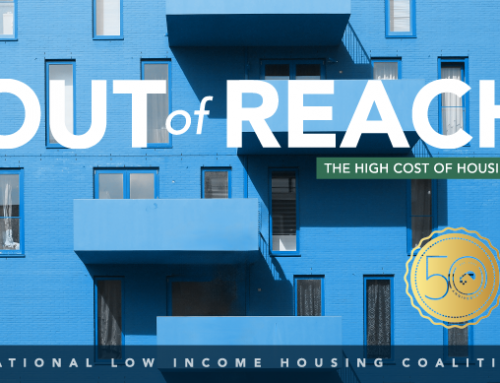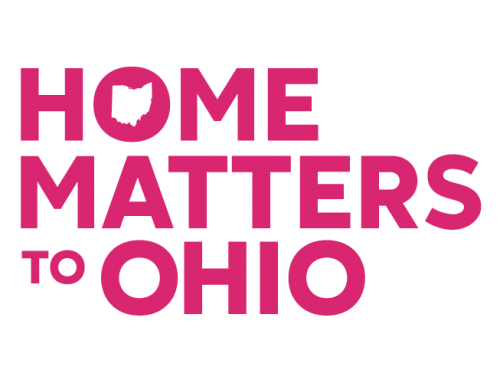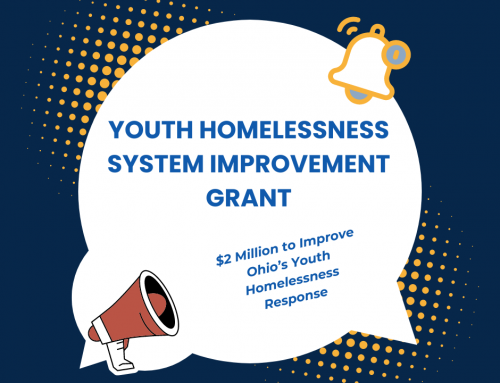Nonprofit Delivers Emergency Assistance to Frontline Agencies
The Coalition on Homelessness and Housing in Ohio is issuing grants tto help local homeless shelters limit the spread of COVID-19 among their residents, staff, and the broader community.
Homeless shelters throughout Ohio are scrambling to obtain masks, gloves, cleaning supplies, staffing, and food. Even more critically, they need to reduce the population density within these congregate facilities to enable social distancing, and immediately move high-risk residents – seniors, people with medical conditions, pregnant women and young children – out of harm’s way.
COHHIO’s recent report Double Jeopardy found 79 percent of Ohio’s shelters lack the funding they need for interventions to reduce overcrowding in shelters, and 71 percent lack sufficient sanitation and hygiene supplies to prevent transmission of the disease. Even more alarming, 87 percent don’t have enough space to isolate and quarantine clients who show symptoms of COVID-19.
COHHIO created the Pandemic Emergency Fund with $500,000 from the organization’s rainy day fund and raising additional donations to reach the goal of $2.5 million to support local homeless programs’ coronavirus response efforts. One-hundred percent of the money – with no fees or administrative costs – goes to help local shelters obtain the space, staffing and supplies they need.
Executive Director Bill Faith urged concerned Ohioans to donate directly to their local shelters or contribute to the COHHIO Pandemic Emergency Fund at: https://cohhio.org/covid-19/
“This is a critical moment. The coronavirus isn’t waiting for us to get vulnerable Ohioans out of crowded shelters into safer locations,” he said, noting that a few shelter residents have already tested positive. “We are thankful so many donors have stepped up to help those who have no place to stay home during this crisis. But we still have a long way to go. We need donations from individuals, churches, businesses and foundations – philanthropy is key to bridging the gap between now and when federal assistance reaches the front lines.”
Congress’s recent coronavirus relief package included emergency funding for homeless programs, but won’t become available to shelters until June at the earliest.
“Hotels around the state are welcoming people who have no place to stay home during the pandemic, but they can’t house thousands of people for several months without getting paid,” Faith said. “Shelters operate on a shoestring budget even during normal times, and they need lots of extra help to be able to book hotel rooms for their most vulnerable residents.”
Ohio has approximately 300 homeless shelters that house over 10,000 Ohioans in overcrowded, congregate settings where the coronavirus can spread quickly. COHHIO is assessing the programs’ readiness and coordinating with regional homelessness systems to direct grants to the most critical agencies throughout the state.
A majority of the donations to the COHHIO Pandemic Emergency Fund have come from individuals. Institutional support comes from: Ohio Capital Corporation for Housing; The George Gund Foundation; The Sisters of Charity of Cleveland Foundation; National Low Income Housing Coalition; Nationwide Insurance, The Columbus Foundation; The Char and Chuck Fowler Family Foundation; Anthem Blue Cross and Blue Shield; UnitedHealthcare; CareSource; AEP; JPMorgan Chase & Co.; PNC; First Financial Bank; National Church Residences; Ohio Realtors; Third Federal Savings & Loan; Nationwide Children’s Hospital; Buckeye Community Hope Foundation; Affordable Housing Trust; Wallick Communities; RiverHills Bank; and the Tidwell Group.
In addition, COHHIO’s “Maskateer Brigade” is rallying churches and hobbyists to make and collect facemasks, gloves, and other personal protective equipment to distribute to shelter residents and staff. For those who would like to donate desperately needed PPE, please contact your regional homeless system.
Faith said the pandemic has highlighted a fatal flaw in America’s approach to homelessness.
“This plague has shown that homeless shelters are a public health crisis waiting to happen. In fact, they always have been,” he said. “The lesson here is that we should not just warehouse people who have no decent place to live because mass homelessness is hazardous to everyone’s health.”








